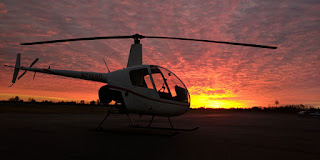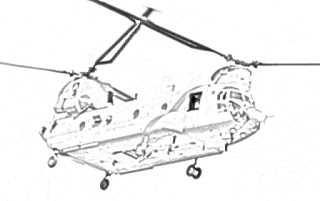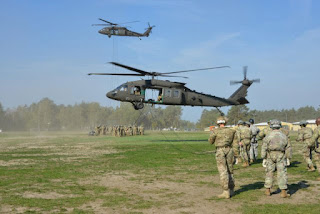Choppers Coloring Pages!
Helicopters are rotorcraft that ascend and descend vertically. They are used for many purposes which airplanes cannot accomplish and are particularly useful in military and search-and-rescue operations. Here we have helicopter coloring pages free and downloadable.
The German Luftwaffe built and flew the first helicopters in the 1930s. Pilot Hannah Reisch demonstrated the Focke-Wulf Fw 61 at the Berlin Auto Show in 1938, flying it inside an arena.
The United States was the next country to make helicopters a priority. Igor Sikorsky designed a helicopter and flew it in 1941 that was the first to go into mass production in 1942. There were 131 of Sikorsky's early helicopters built.
People had been theorizing about helicopters for hundreds if not thousands of years before those first flights. Leonardo Da Vinci jotted down an idea for a helicopter in the 1480s in his famous notebooks, for instance.
Thomas Edison actually tried to design a working helicopter in the 1880s. However, he realized that it was impossible to build working helicopters until appropriate motors were built. This did not happen until the 20th Century.
Both sides used helicopters during World War II. The Germans used the Flettner Fl 282 Kolibri synchropter and the Focke Achgelis Fa 223 Drache twin-rotor helicopter. The United States Army flew the USAF R-4 designed by Igor Sikorsky.
The Allies used helicopters in the Pacific Theater. One R-4 equipped with floats flew into Iwo Jima during the fighting there to transport wounded.
After World War II, helicopter use exploded. Companies realized that helicopters were ideal for lifting some heavy loads, while the military could use them to land and pick up soldiers at very tiny landing grounds. Helicopters also continued in the search-and-rescue role they first assumed during the war.
Helicopters that can carry heavy objects using cables and slings are called aerial cranes.
Helicopters can be used to land large equipment such as air conditioners on the tops of buildings. This can save the building owners the great expense of using large ground cranes.
Helicopters are commonly used as air ambulances.
For instance, mountain climbers can be picked up from mountains and brought to a hospital within minutes when otherwise it would take many hours.
Helicopters can even be used in outer space on celestial objects that possess an atmosphere. Mars has an atmosphere, for instance, so NASA plans to use helicopters there.
Oil companies are heavy users of helicopters. That is because oil rigs and derricks are often in remote places without easy land access.
Helicopters are a billion-dollar business every year.
Companies are constantly coming up with new refinements for helicopters.
The Bell Boeing V-22 Osprey is a tiltrotor military aircraft that combines the functionalities of a helicopter and an airplane.
The Osprey can take off and land vertically, and after it is in the air, the Osprey's rotors can tilt forward and act as propellers.
Helicopters typically fly slower than airplanes.
Helicopter blades travel much faster than the helicopter itself. In fact, helicopter blades can break the speed of sound.
The rotors thus can be extremely loud. One of the major areas of commercial helicopter development is noise reduction.
Noise reduction can be useful in military applications, too, as it allows helicopters to be less obvious to the enemy.
Vibration can also be a problem for helicopters. All helicopters vibrate, and that vibration must be controlled or the helicopter can shake itself apart.
A helicopter's rotors must be tuned (adjusted) for height and weight in order to minimize vibration.
Helicopters are dangerous unless the pilot is very well-trained. However, helicopters only have four basic controls: the cyclic, the collective, the anti-torque pedals, and the throttle.
The cyclic is like a joystick in most helicopters and sits between the pilot's legs. It changes the pitch of the rotor blades cyclically and tilts the blades in a particular direction. The helicopter then moves in that direction.
So, if the pilot pushes the cyclic forward, the helicopter moves forward. If he pushes it left, the helicopter moves left, and so on.
The collective pitch typically sits to the pilot's left and controls the pitch of all of the main rotor blades collectively. It raises and lowers the helicopter in altitude.
So, helicopters are easy to control if you know how, but they can be deadly if you are not properly trained.
Helicopters are fun!
2019






























No comments:
Post a Comment